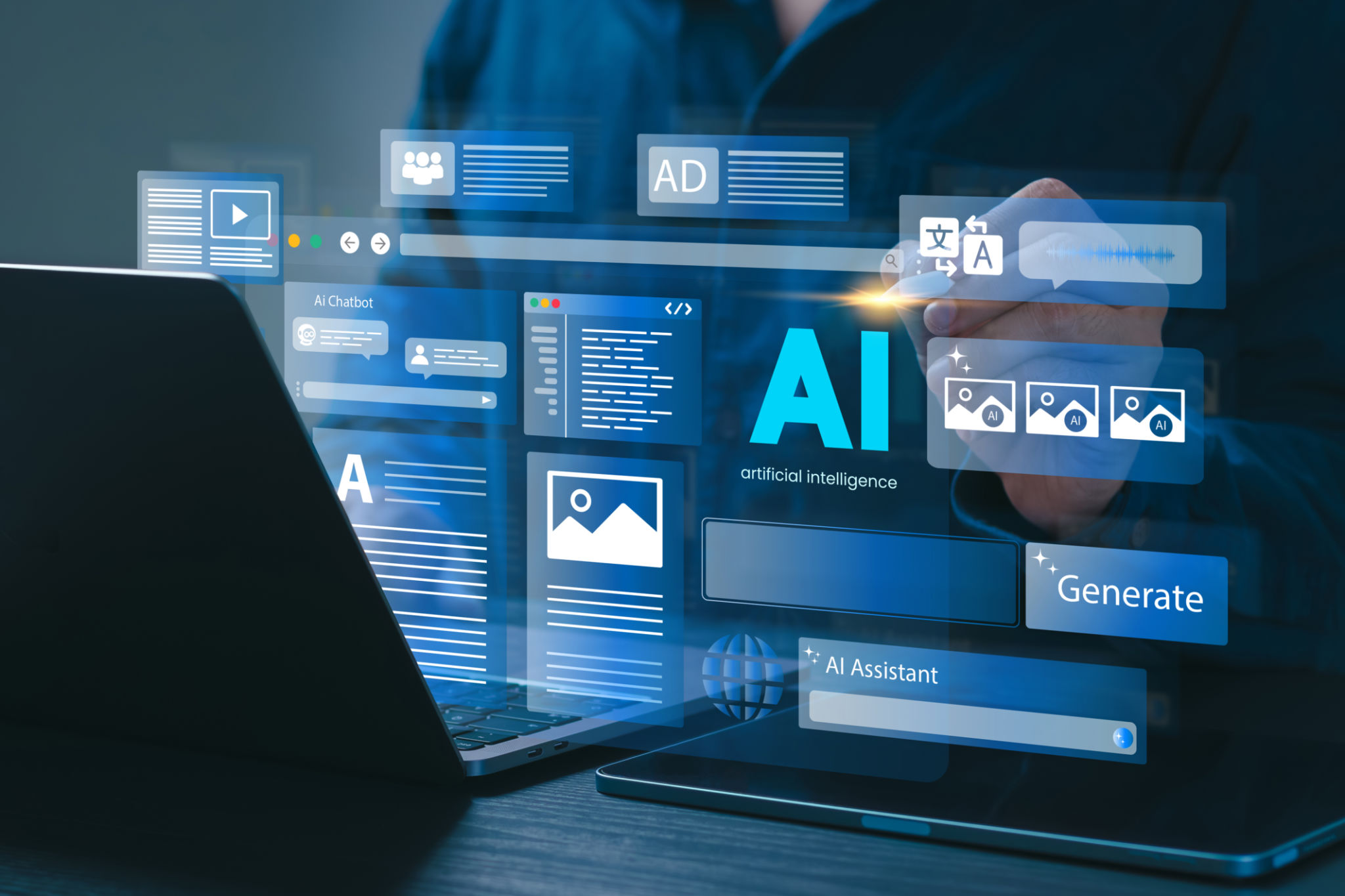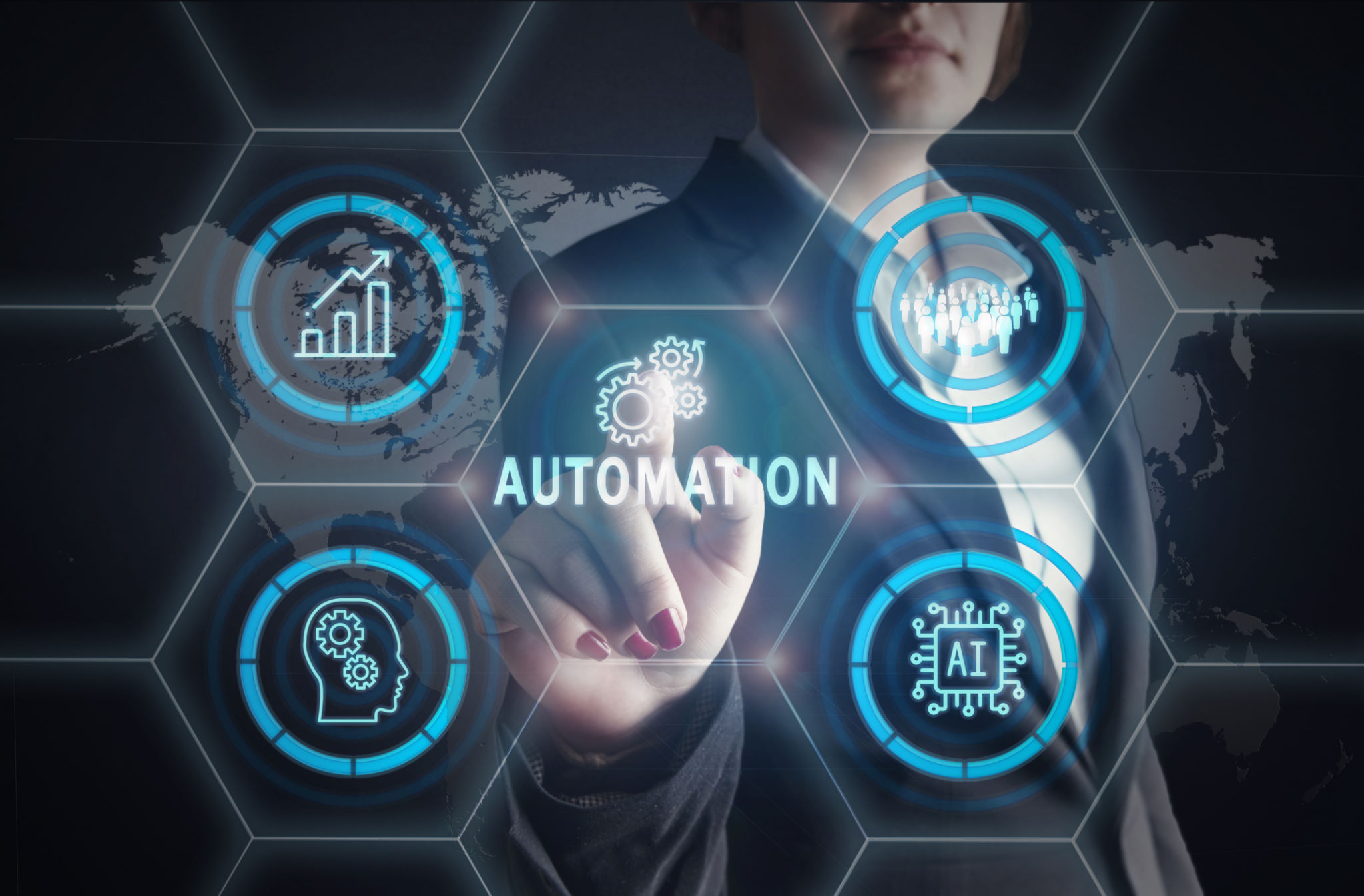Understanding AI Trends in Marketing: What Businesses Need to Know
The Rise of AI in Marketing
The integration of artificial intelligence (AI) into marketing strategies is no longer a futuristic concept but a present-day reality. Businesses across various sectors are leveraging AI to enhance customer experiences, streamline operations, and boost their bottom lines. Understanding these AI trends is crucial for businesses looking to stay competitive in today's fast-paced market.

AI-Powered Personalization
One of the most significant impacts of AI in marketing is its ability to deliver personalized experiences. By analyzing vast amounts of data, AI can segment audiences more precisely and tailor content to individual preferences. This level of personalization not only improves customer satisfaction but also increases conversion rates.
For instance, AI algorithms can analyze a customer's past purchase history, online behavior, and preferences to recommend products or services that are highly relevant. This personalized approach helps in building stronger customer relationships and fosters brand loyalty.
Automation and Efficiency
Another trend reshaping the marketing landscape is automation. AI tools can automate repetitive tasks such as email marketing, social media posting, and ad management, freeing up valuable time for marketers to focus on strategic planning and creative pursuits. Automation leads to increased efficiency and ensures consistency in communication across various platforms.
Moreover, AI-driven chatbots are revolutionizing customer service by providing 24/7 assistance, answering queries, and resolving issues promptly. These chatbots use natural language processing to understand and respond to customer inquiries effectively.

Data-Driven Insights
AI's ability to process and analyze large datasets provides businesses with actionable insights that inform decision-making. By identifying patterns and trends, AI helps marketers understand consumer behavior, predict future trends, and optimize their strategies accordingly. This data-driven approach enables businesses to make informed decisions quickly and adapt to market changes with agility.
Predictive analytics, powered by AI, is another tool that allows marketers to forecast future outcomes based on historical data. This capability is invaluable for inventory management, campaign planning, and resource allocation.
Challenges and Considerations
While AI offers numerous benefits, it's essential for businesses to be aware of potential challenges. Data privacy and ethical considerations are at the forefront as companies gather and utilize vast amounts of personal information. It's crucial for businesses to maintain transparency with customers about data usage and ensure compliance with regulations like GDPR.

Additionally, the implementation of AI requires investment in technology and skilled personnel. Businesses must weigh the cost against the potential return on investment carefully. Collaborating with experts or investing in training can help bridge this knowledge gap.
Embracing the Future
The future of marketing lies in the integration of AI technologies. As these technologies continue to evolve, businesses must remain agile and open to adopting new tools that can enhance their marketing efforts. By understanding and leveraging AI trends, companies not only improve their marketing strategies but also gain a competitive edge in an increasingly digital world.
Ultimately, embracing AI in marketing is not just about keeping up with trends—it's about setting new standards for customer engagement and business success.
